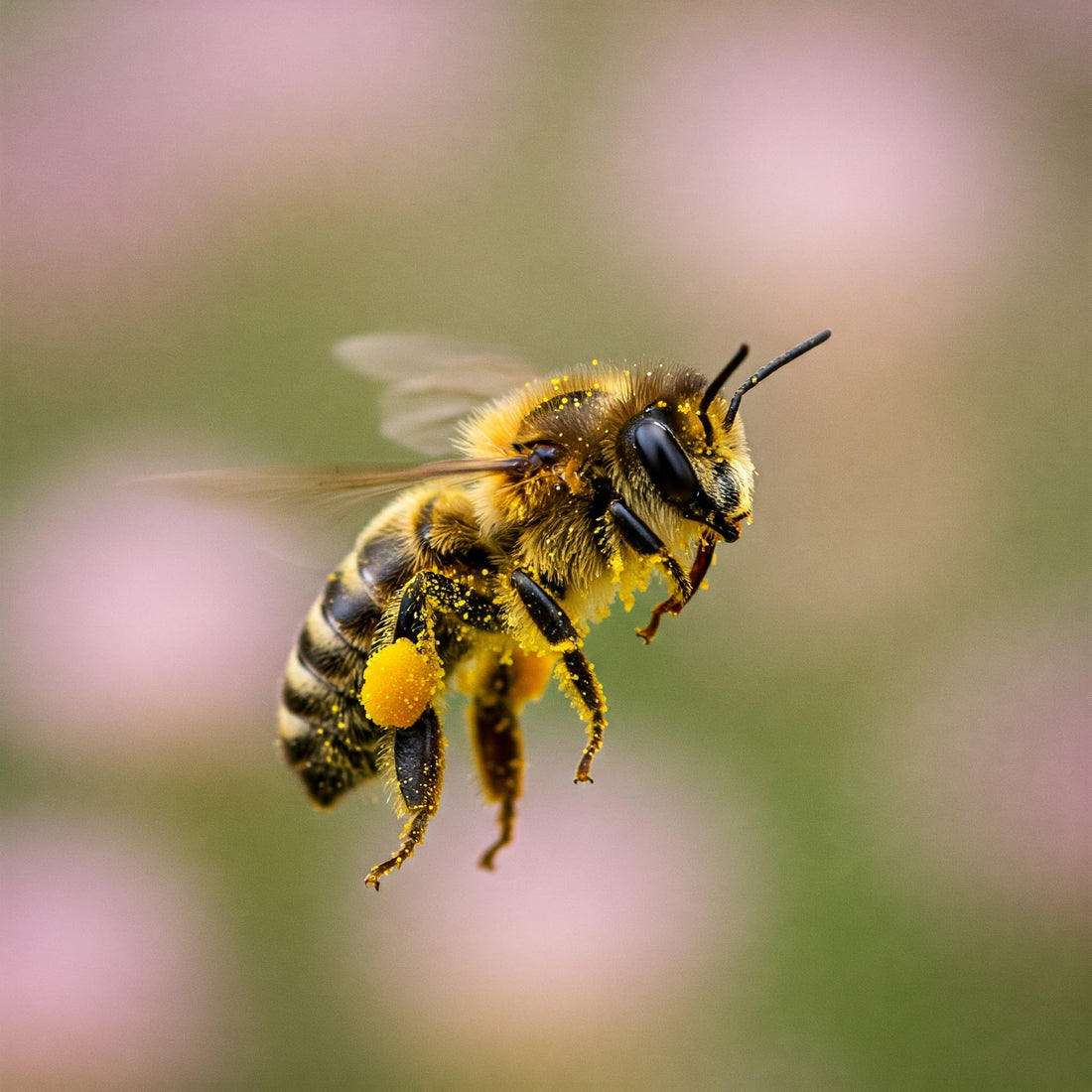
Spring Is Here!
Spring is here, and it is an exciting time to witness the busy activity around a beehive. The sight of honeybees returning to the hive, laden with pollen, is a true marvel of nature. These industrious insects play a crucial role in pollination, ensuring the health and vitality of plant life.
How do honeybees collect pollen?
The bodies of honeybees are covered in tiny, branched hairs that create an electrostatic charge, allowing them to attract and collect pollen grains as they move from flower to flower. These furry bodies serve as efficient pollen baskets, enabling honeybees to transport pollen back to the hive for food.
Why is pollen collection important?
Pollen is a vital source of protein for honeybees. It serves as the primary food source for developing bee larvae, providing essential nutrients for their growth and development. Additionally, pollen plays a crucial role in the pollination process, facilitating the reproduction of flowering plants and the production of fruits and seeds.
How much pollen can a honeybee carry?
On average, a honeybee can carry approximately 15-30% of its body weight in pollen. This impressive feat is made possible by the unique structure of a honeybee's hind legs, which feature specialized pollen baskets for storing and transporting pollen back to the hive. The efficiency of pollen collection ensures the well-being of the hive and the continuation of the honeybee population.
What plants benefit from honeybee pollination?
Honeybees play a crucial role in pollinating a wide variety of plants, including fruits, vegetables, nuts, and flowers. Crops such as apples, almonds, blueberries, and cucumbers rely on honeybee pollination for successful reproduction and fruit production. Without the pollination services provided by honeybees, many plant species would struggle to survive and reproduce.
In conclusion, the sight of honeybees collecting pollen in the spring is a testament to the intricate relationship between these remarkable insects and the plant world. Their furry bodies are perfectly adapted for the important task of pollen collection, ensuring the health and vitality of plant ecosystems. As we marvel at the industrious nature of honeybees, let us also appreciate the essential role they play in sustaining life on our planet.
